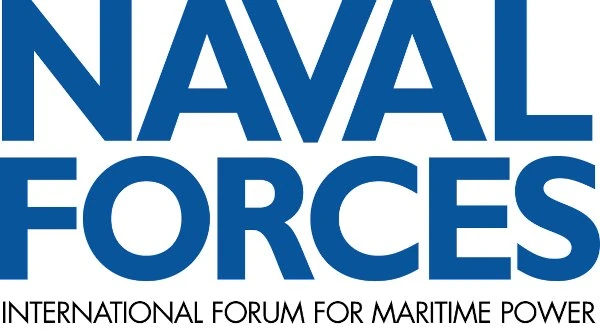Multifunctional naval intelligence on the rise

The rapidly developing communication technologies in the commercial sector provide opportunities for the naval industry to meet military communications needs and new requirements in the maritime combat environment.
EUROSATORY 2024
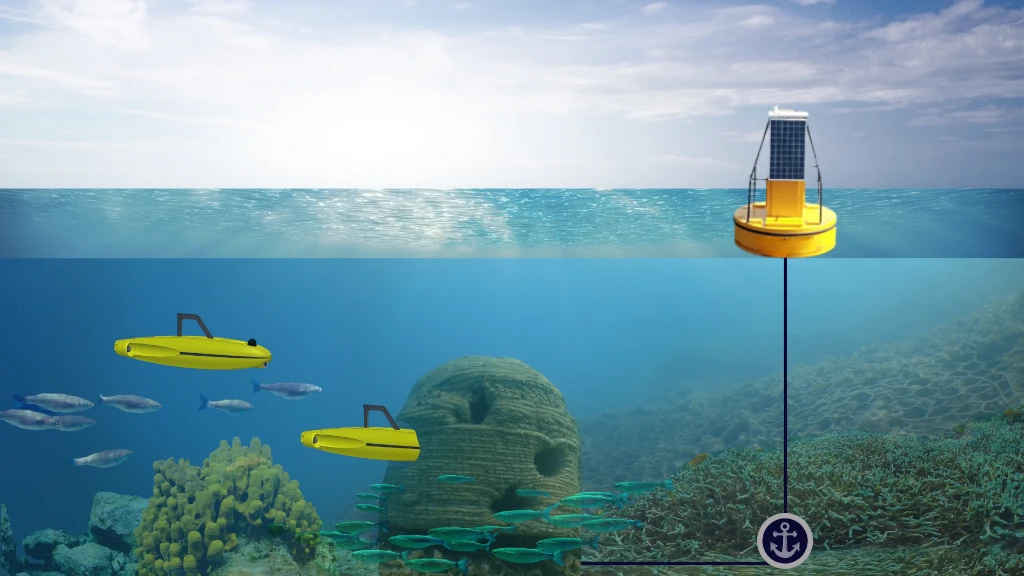
On 17 June, Arkeocean, the Cyprus Marine and Maritime Institute (CMMI), Lanego and SignalGeneriX Ltd have signed a research and development agreement to co-develop a solution called EONIOS, a micro-AUV swarm system with AUV docking stations integrated in nature-based artificial reefs. The EONIOS system will explore and
Spanish Navy: First indigenously-built submarine sets international standards
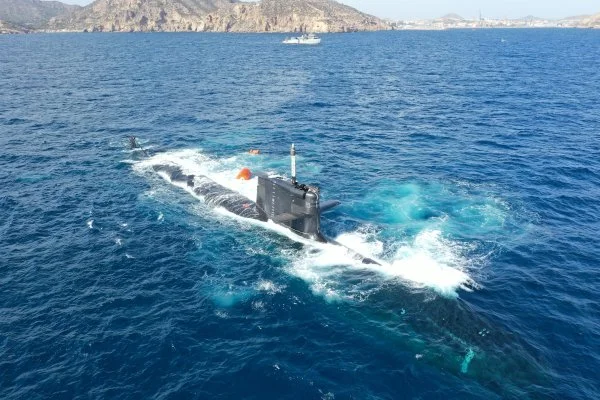
The commissioning of the first boat, SPS Isaac Peral (S 81), on 30 November 2023, is a significant milestone for the Spanish Navy (Armada). She was expected to be launched after summer 2020, but due to the COVID-19 crisis, the project has been delayed. It is suggested that the building of four S-80 submarines will help strengthen Spain’s naval defence capabilities at a regional and
Growing NATO’s uncrewed capability
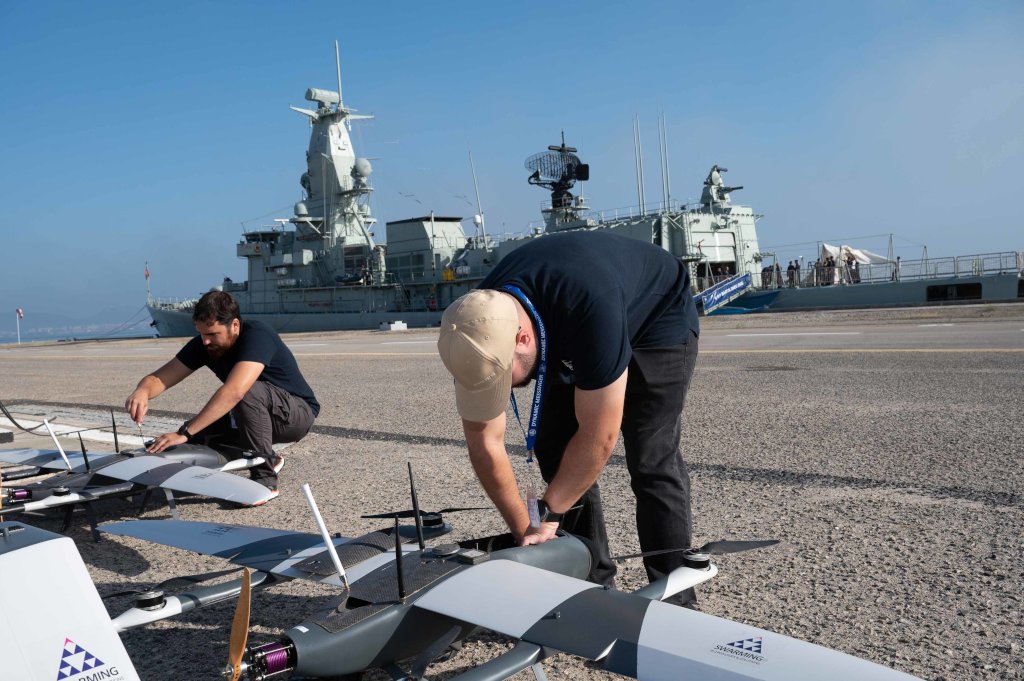
The Portuguese Navy’s (Marinha Portuguesa) annual REPMUS (Robotic Experimentation and Prototyping augmented by Maritime Unmanned Systems) exercise is already one of the most significant national- and alliance-level activities for building maritime uncrewed systems (MUS) capability. In the face of emerging threats and enduring instability in the Euro-Atlantic theatre, its significance is only increasing.
STERENN DU
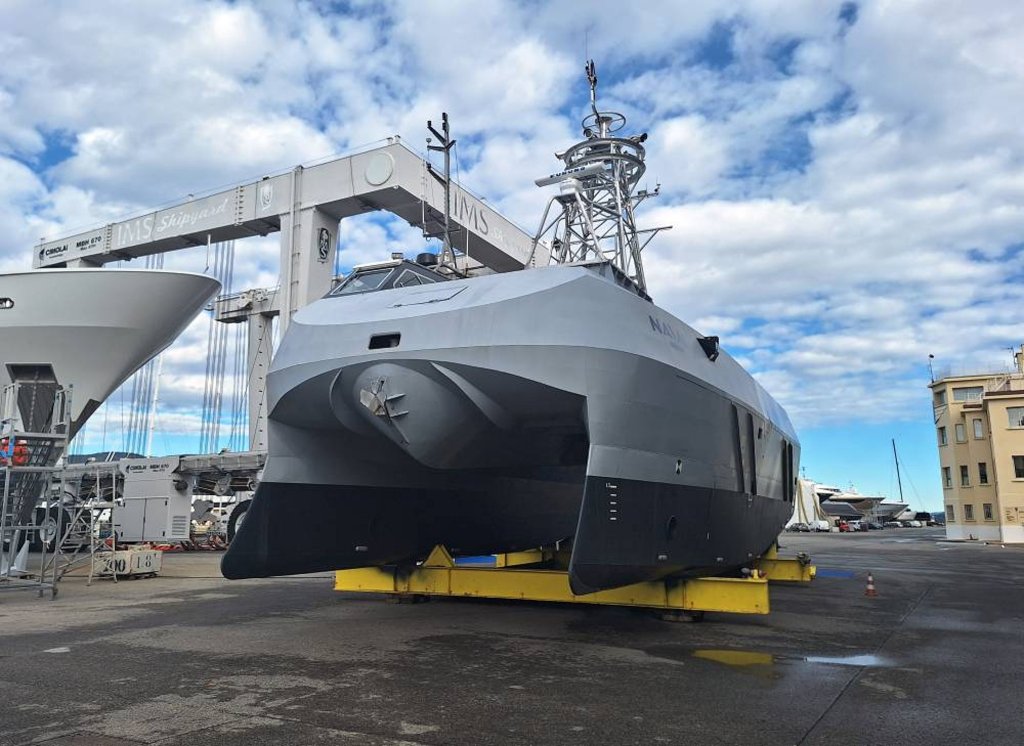
Unmanned surface vehicles – like their underwater cousins – are being deployed in the maritime environment to support a wide variety of operations across the full range of peacetime, crisis and wartime missions. Nowadays, unmanned systems play an important role for maritime operations. As seen during recent conflicts, there is a staggering growth in autonomous vehicles. Considered a vital element of navies’ future force structure,
